David Yarus, the founder of JSwipe, the first Global Ambassador of JDate, and the founder of mllnnl, a digital marketing agency aimed at helping brands target the millennial demographic, is leaning into his frustration with Judaism and redesigning the Jewish experience that he wants to have.
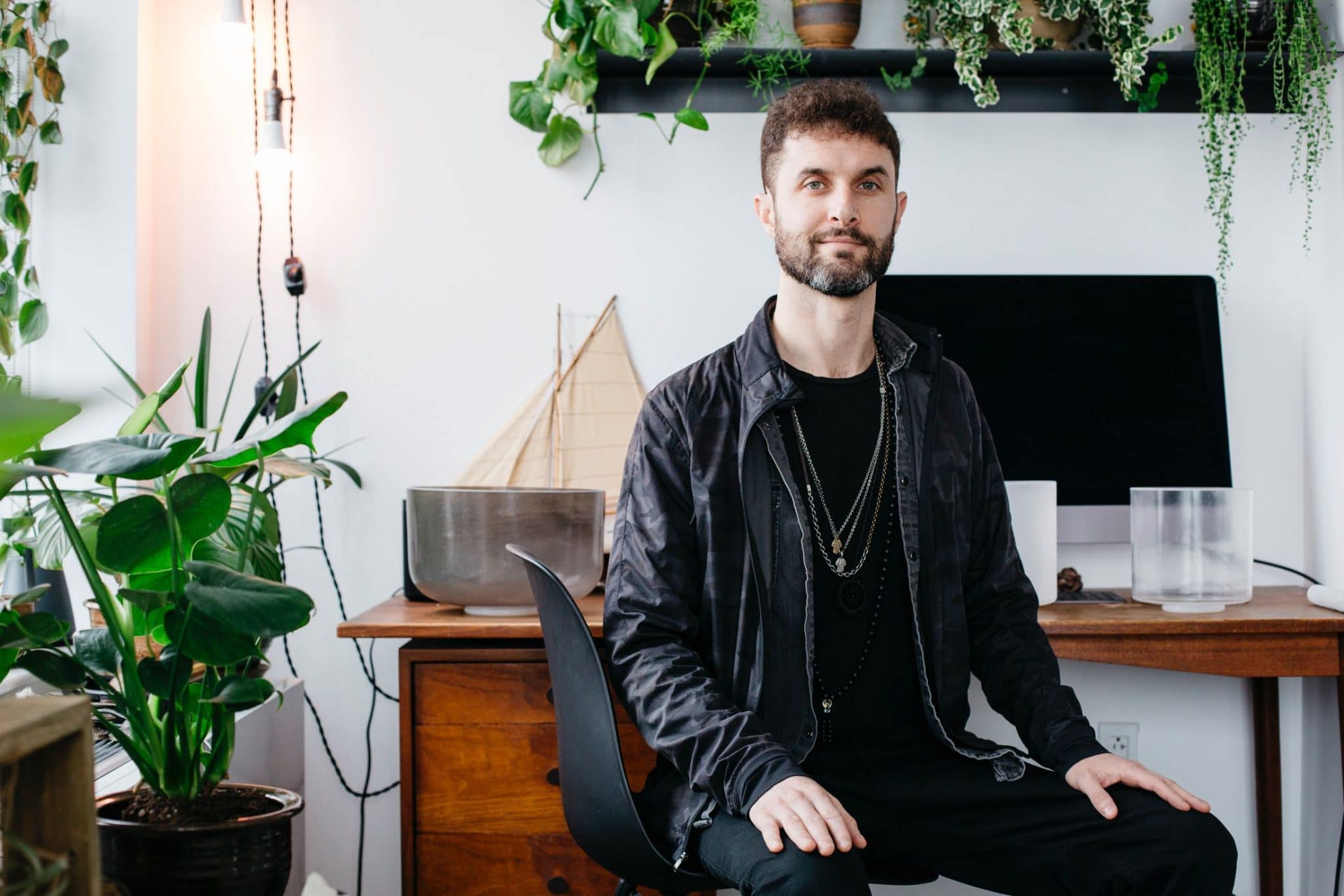
What is the meaning of your name?
My name is David Austin Yarus.
I am named after my great-grandfather. My older cousin is also David Yarus. My parents really liked the name, and he lived in a different state, so they never thought it would become an issue. As soon as I moved away from Miami for college, my cousin David moved to Miami. Ever since then, I’ve been getting his emails. He gets my friend requests.
My last name, Yarus, is based on a town called Yaroslavl. Generations ago, our family name was Yaroslavsky. On Ellis Island, they shortened it to Yarus. Then, Toyota decides to come out with the Yaris, but we do not get any royalties.
What is your earliest memory?
I’m from Miami Beach, Florida, and we had this huge grapefruit tree in our backyard. I would climb my tree, harvest these grapefruits, fill up the wheelbarrow, wheel it over to the corner of 45th and Sheridan, and I had a sign that said, “Grapefruits: 25 cents!,” which was a pretty great deal.
One day, when my parents were out of town, someone asked how much it would cost to buy the entire wheelbarrow. I said, “I have a whole tree full of them, if you would like.” He bought all of them. When my parents came back, they were not particularly excited. They enjoyed their morning grapefruits.
Another memory: every Shabbat afternoon, 20 or 30 people would go over to my buddy Jonathan’s house and have the most epic, epic, epic capture the flag games. All was fair. People would jump into the water and climb the next door neighbor’s building. I remember jumping off the roof, sliding down a tree. This was real deal stuff.
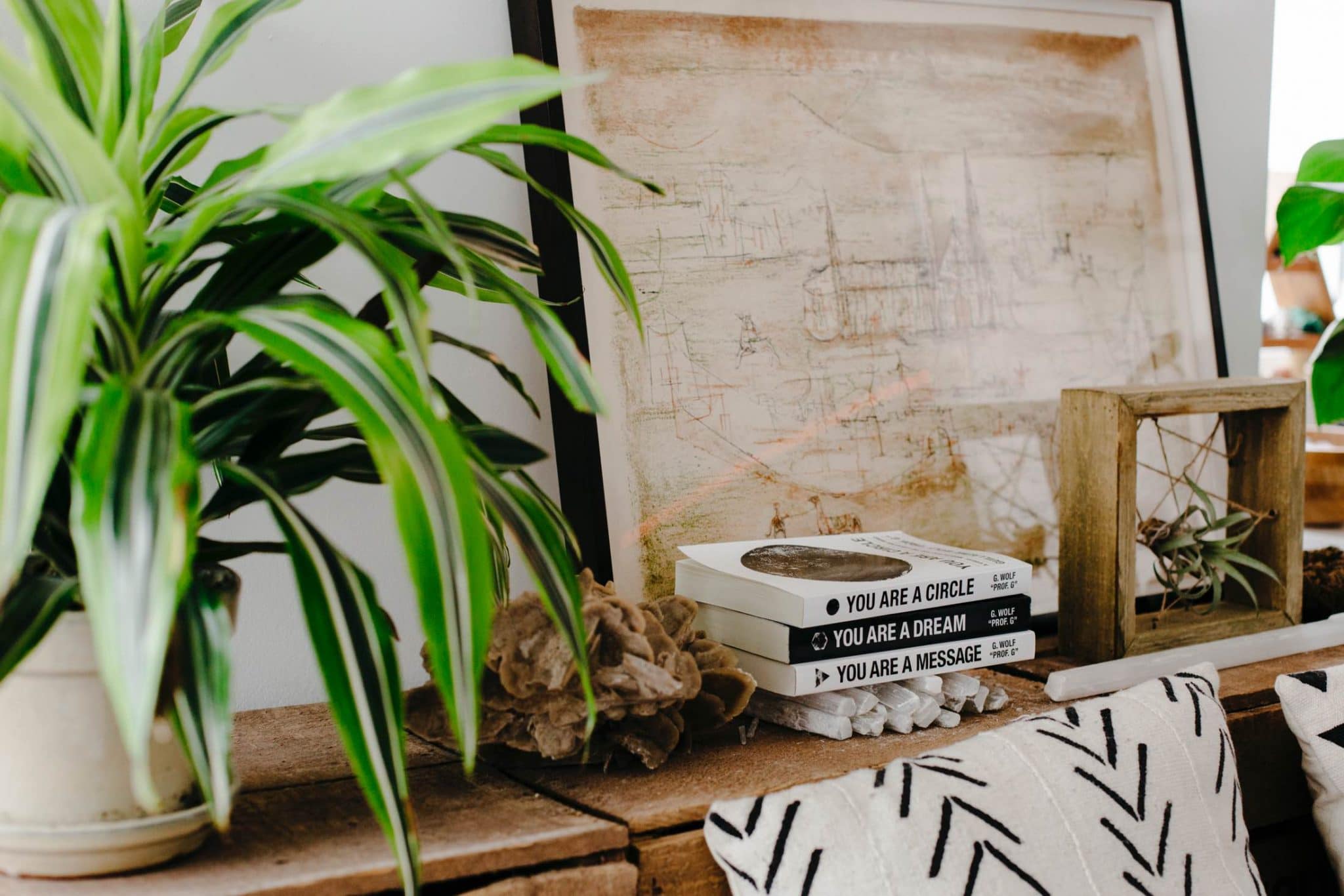
When you were a kid, did you know what you wanted to be when you grew up?
There was a period of time where I wanted to be an architect, and a period of time when I thought I was going to be in development. Then, I realized that I was just going to do things that I enjoyed, create opportunities, and surf the intersection of passion, profession, and purpose, though I didn’t have the language for any of that back then.
Miami Beach is a funny place to grow up.
Every year, it was tradition that the seniors at my high school would have a big graduation party at a club. I thought, “This is wildly crazy. The organizers are having a ton of fun. They are meeting everybody, and, somehow, this is a business for them. This is nuts.”
Later on that summer, when I was 14, I threw my first party. I rented out a club on South Beach with a business partner of mine. She was one of my best friends, and we carpooled to school every morning. We threw a party for other kids from our extended community. I had no idea what to expect. I’ve always enjoyed pushing myself into uncomfortable situations, then growing through them.
At the first party, we had three or four hundred people come. It was a really exciting moment, just to see the energy in the room. It became my thing. I threw another one a couple months later, then I started having Passover parties and Thanksgiving parties.
The parties started getting sponsored. The sponsors wanted more than just parties, and that naturally evolved into a marketing firm targeting college students, which I ran when I was at Babson in Boston.
Bringing people together and creating space for friendship, magic, and fun is one of my deepest pleasures.
I really love it. It’s when I feel the most alive.
What advice would you give your teenage self?
I would tell myself to read The Subtle Art of Not Giving a F*ck. I always marched to the beat of my own drum, but I don’t think I did it as boldly or as unabashedly as I could have. If I could just go back and give myself a booster shot of not caring about what others think, I would love that full freedom.
I would tell myself to go to Burning Man as early as possible. I only went for the first time three years ago. It fully widened my perspective of the state of humans, acceptance, love, diversity, and unity.
I would somehow make myself become a coder. Instead of playing video games or watching TV, I would sit myself down, lock myself in a room, and code until I couldn’t see anymore, because I think having those tools today would be so incredibly powerful. To be able to create from idea through execution would be beautiful.
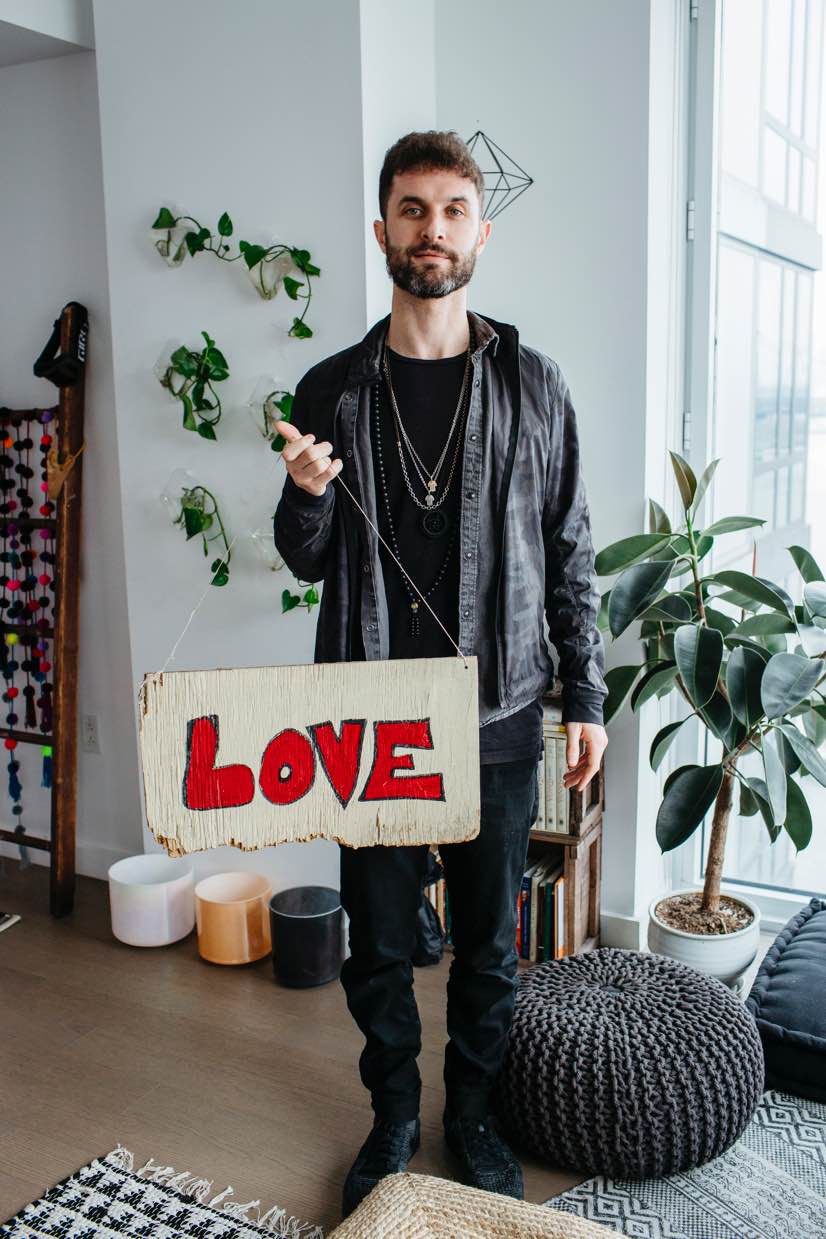
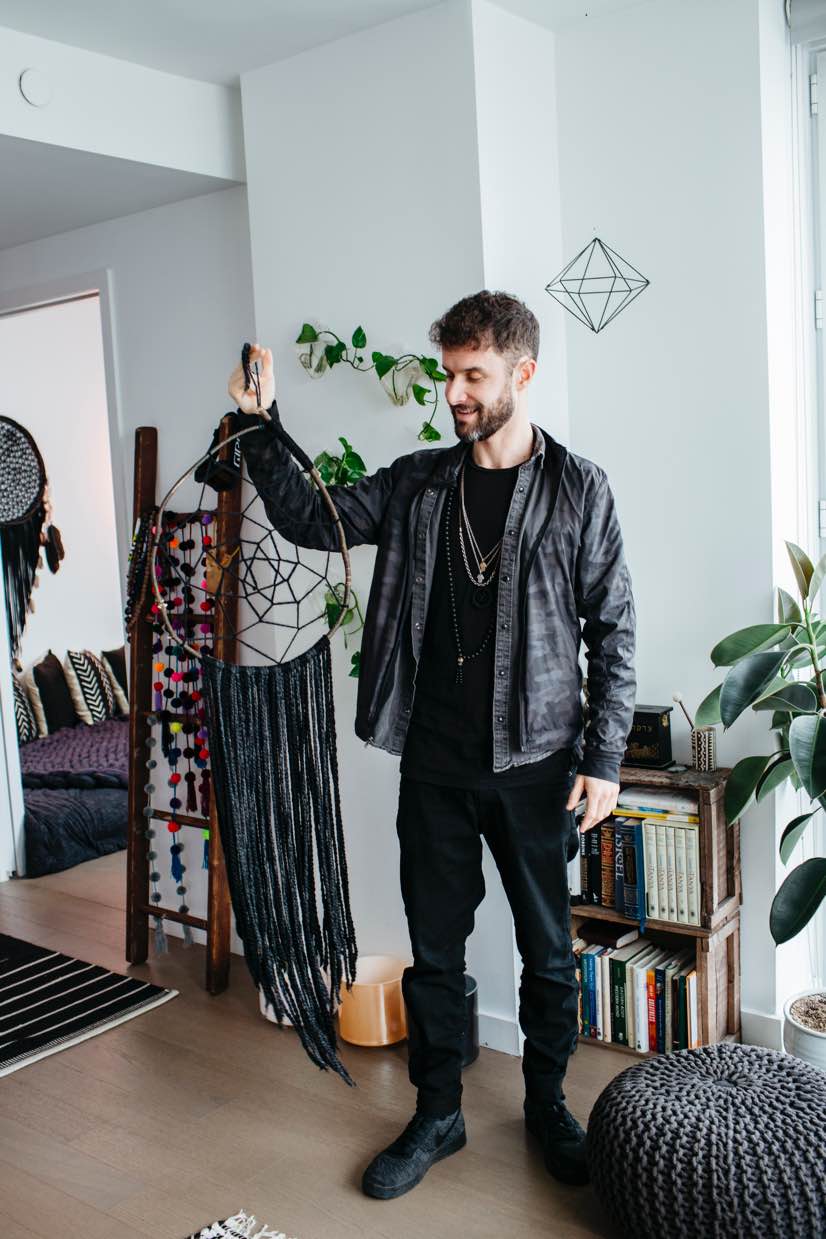
How did Judaism play a role in your younger years?
I grew up in a fairly Jewish community in Miami Beach, Florida. I went to Jewish day school.
Then, when I was a sophomore in high school, I went to my cousin’s bar mitzvah in Washington, D.C. and visited him at school for the day. I witnessed hyper-intelligent, passionate, knowledge-hungry peers leaning into learning and having the most meaningful discussions that I’ve ever heard among young people, juxtaposed to Miami Beach, where the kids didn’t really care about school.
So, I applied without telling my parents. This school was very, very traditional. It was a hundred-year-old Episcopalian prep school called St. Albans. It’s on the National Cathedral grounds in Washington, D.C.
I got in. My parents let me go, because they knew the education was stellar. It was the hardest thing I’d ever done in my entire life at that point.
On the first day of school, I walked through the hallway, and it felt like I was in a movie. Everyone turns their heads in slow motion and looks, and they’re thinking, “Who the heck is this kid?” I was wearing whatever people wear in Miami, and these kids were all in seersucker shirts, and shaggy hair, and lacrosse sticks.
At that moment, Jewish identity shifted for me in a very powerful and formative way.
Growing up in Miami, everyone was Jewish around me. In this community, I was one of the only Jewish people. I felt like I had the responsibility of, “Oh, you do this? This is what Jewish people do.” It flipped my reality of Jewish identity.
How does being Jewish play a role in your life now?
So much of what I do and think about every day is embedded in the Jewish world. Professionally, I’m deeply involved in the Jewish world. Over the last several years, I’ve been tapping into more self-inquiry and thinking about my thoughts on religion.
I call myself post-denominational Jewish.
We have so many labels, and I’m trying to shed as many of them as possible, besides the fact that I’m a human, first and foremost. It means more cohesion, more connectivity, more collaboration rather than further segmentation within the Jewish world.
I’m also what I call a universalist. I think a lot about collective consciousness, or universal oneness, which is beyond religion. We’re all on this earth together. We’re all connected. Everyone’s truth is as true to them as mine is to me. Something that I really struggle with today is the idea of othering, like the phrase “The Chosen People.” I can’t get down with that.
Our generation is the least religiously engaged generation, traditionally speaking, in recent history. Not just Jewishly, but across most religions. We’re finding spirituality, meaning, and connection through mindfulness, intentional communities, and more. I really resonate with that, as well.
I’ve been frustrated with the Jewish world.
The more actively engaged I became in Jewish community work, which is now 90% of what I do, the more frustrated I became, because I was seeing so much inefficiency, missed opportunities, misunderstandings. Then, this year, something powerfully shifted for me. If Judaism was going to be something that I continue to hold as core to who I am and how I experience the world, rather than lean out in frustration, I needed to lean in, to re-contextualize, reorient, and redesign the Jewish experience that I want to have.
It has been a fascinating new journey for me, actively creating my Jewish experience to be something that I find relevant and meaningful, that adds value and depth to daily life, and that I find open and accessible to myself and others, both Jews and the world at large.
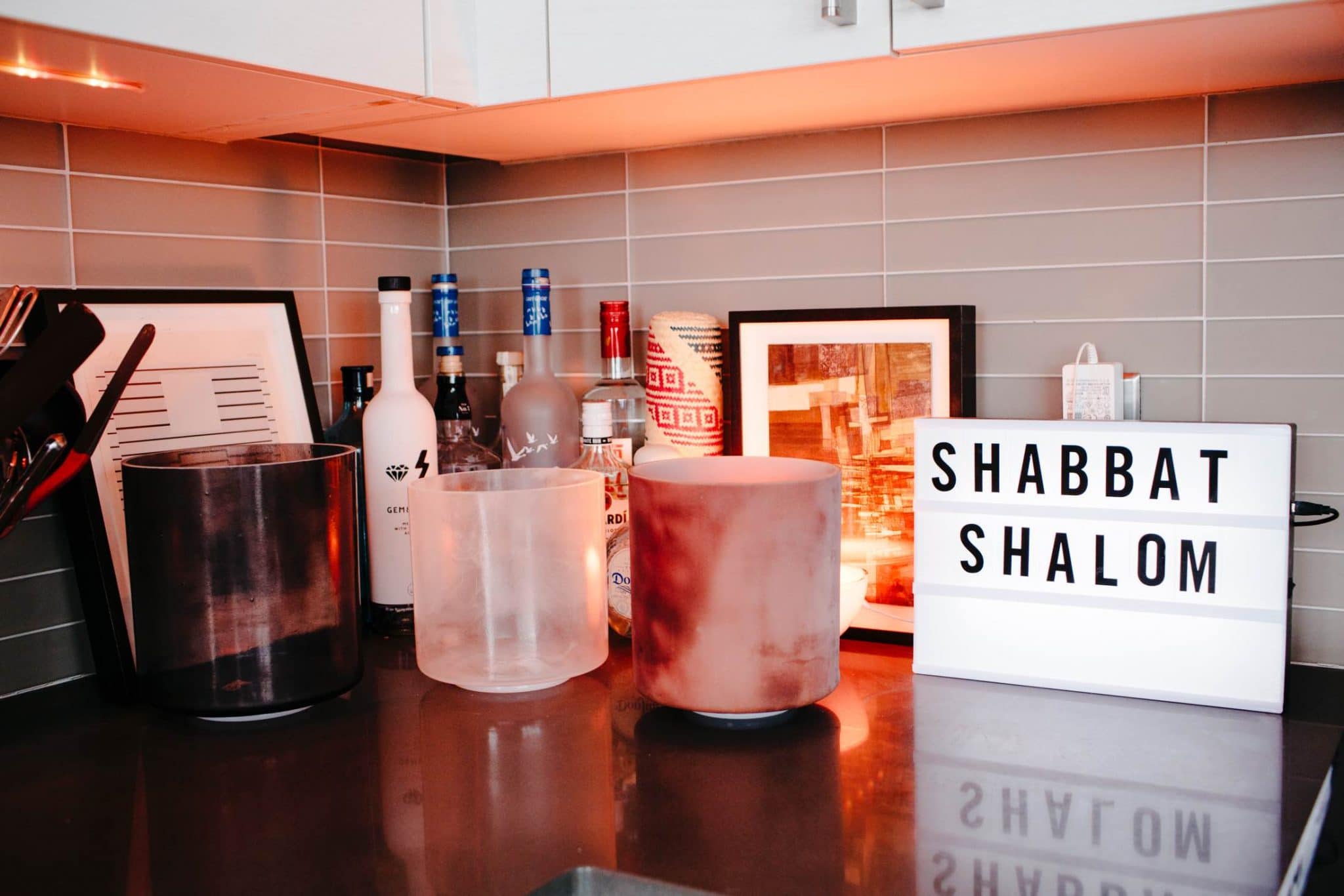
Which Jewish practices hold meaning for you?
I love Shabbat. I love consciously unplugging. We’re living in this hyper-connected, hyper-digital, technology-addicted experience, where the average millennial spends hours a day in front of a screen, whether that’s phone, computer, or laptop. This idea of being present and still with yourself and with friends, family, loved ones, for one day a week, is not only something that I think is universally needed, but also something that I find deep meaning in.
I love bringing people together. I host lots of Shabbat meals at my home. I gather people from all different walks of life – from different religions, backgrounds, and world views – to share the Shabbat experience.
I’m finding ways to reconnect with the holidays. I don’t connect very well with the laws.
I need ideas, and principles, and experiences that I can embody and meditate on, and that I can integrate into my day-to-day life.
For example, with Passover, it’s about how we prompt new, meaningful dialogue around freedom. What does freedom mean today? What does oppression mean today? What things in our lives are we held down by? What would it look like to be free of them? How can we support one another towards that end? I find meaning through those connection points and the conversation and dialogue that ensue.
Prayer, but making it my own.
For so long, I was trying to connect with words that I didn’t fully understand.
The notion that saying these things is the vehicle through which I can find deeper connection to God? One day, I thought, “I just don’t get that. It doesn’t make any sense to me. I should say things that I mean, that I understand. I should personalize my prayers for what I’m feeling, thinking, going through, experiencing, thankful for.”
A long time ago, my mom introduced me to the book Everyday Holiness, which is written by Alan Morinis, the founder of The Mussar Institute. This is a modern, accessible, beautiful way to elevate one’s soul traits, or to refine different attributes of oneself. One of the concepts that it introduces is this idea called the behira point, or the choice point.
The next time you get on the highway and you see it’s traffic for days, ordinarily, people autopilot into frustration, but, you are able to choose whether you are going to allow yourself to become stressed, or whether you will choose to stay calm, cool, collected, and present in the moment. Once you have that power over an emotion and experience, it really allows you to be a much more powerful architect over your life. Mussar teaching has been critical to how I go about experiencing the world.
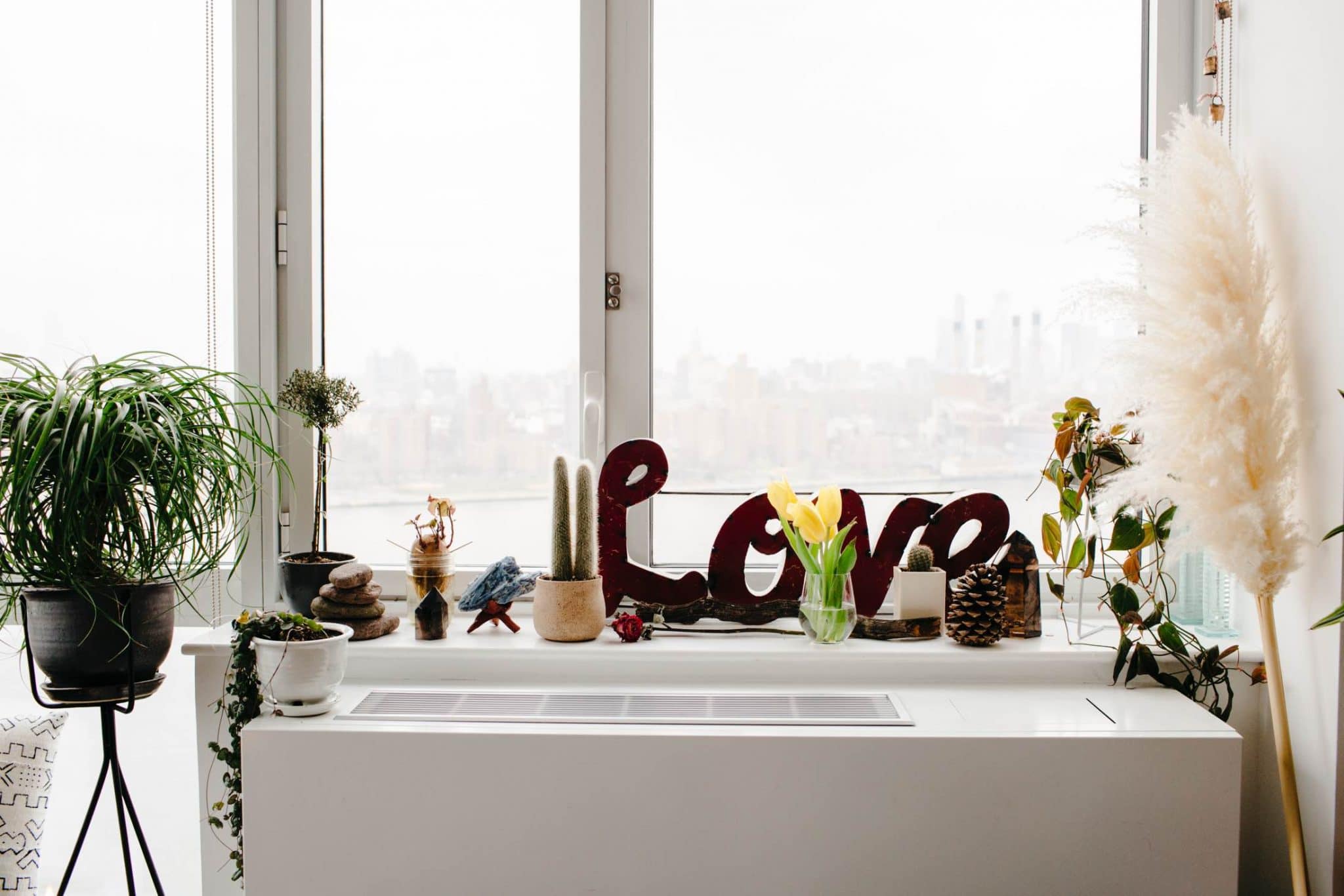
What do you most value in your friends?
I like people who are passionate about something, do something. My pet peeve is ideas. I love actualization, making things happen, bringing it to life. People who are open-minded with themselves, with others, with experiences, with differences. People who are at peace with whatever is, nonjudgemental, adventurous.
What’s been the biggest surprise to you about dating, either in your personal experience or your work?
The first one is about the connection between the head and the heart. You feel the connection. The heart is active. Then, people go back home, talk to their friends, get into their own heads, and the next day, everything is second-guessed, because they start to intellectualize and rationalize their love. Allow yourself to just be, to follow your heart, without having to justify, explain, or rationalize everything.
Love is not always rational.
Call me a dreamer. Call me crazy. I believe in happily ever after. I consider myself a hopeless romantic. How many people, for whatever reason, have beat that out of themselves or one another? They don’t believe that that’s what they deserve, or that’s possible, or that’s out there, or that’s real, which is so sad, because it is. It might not be as common, but it’s certainly possible.
Friends of mine call it Big Love, not just love. That’s when your soul, your mind, and your heart are aligned and combined and create this frequency or vibration that’s so powerful. It’s beyond compatibility or attraction. It’s all-encompassing and all-consuming. It creates some truly beautifully aligned relationships.
People say that they want to find someone, and I really do believe them, but the practices that they’ve put in place and the actions that they take are confusing. Everyone is showing up super guarded, and they have all these defense mechanisms and walls up, and people are projecting on their first date the version of themselves that they think the other person wants to see. It’s so rare to find someone who shows up and is fully present, heart open, vulnerable, and is just right there in it with you, communicative, honest, and powerfully in their truest self.
My advice is to remove the distractions.
If you’re really looking for Big Love, you have to make sure that you’re not distracted by the noise.
Then, you have to show up vulnerably, show up honestly, show up as your fullest you, and find someone who matches you there and is drawn to you for exactly who you are.
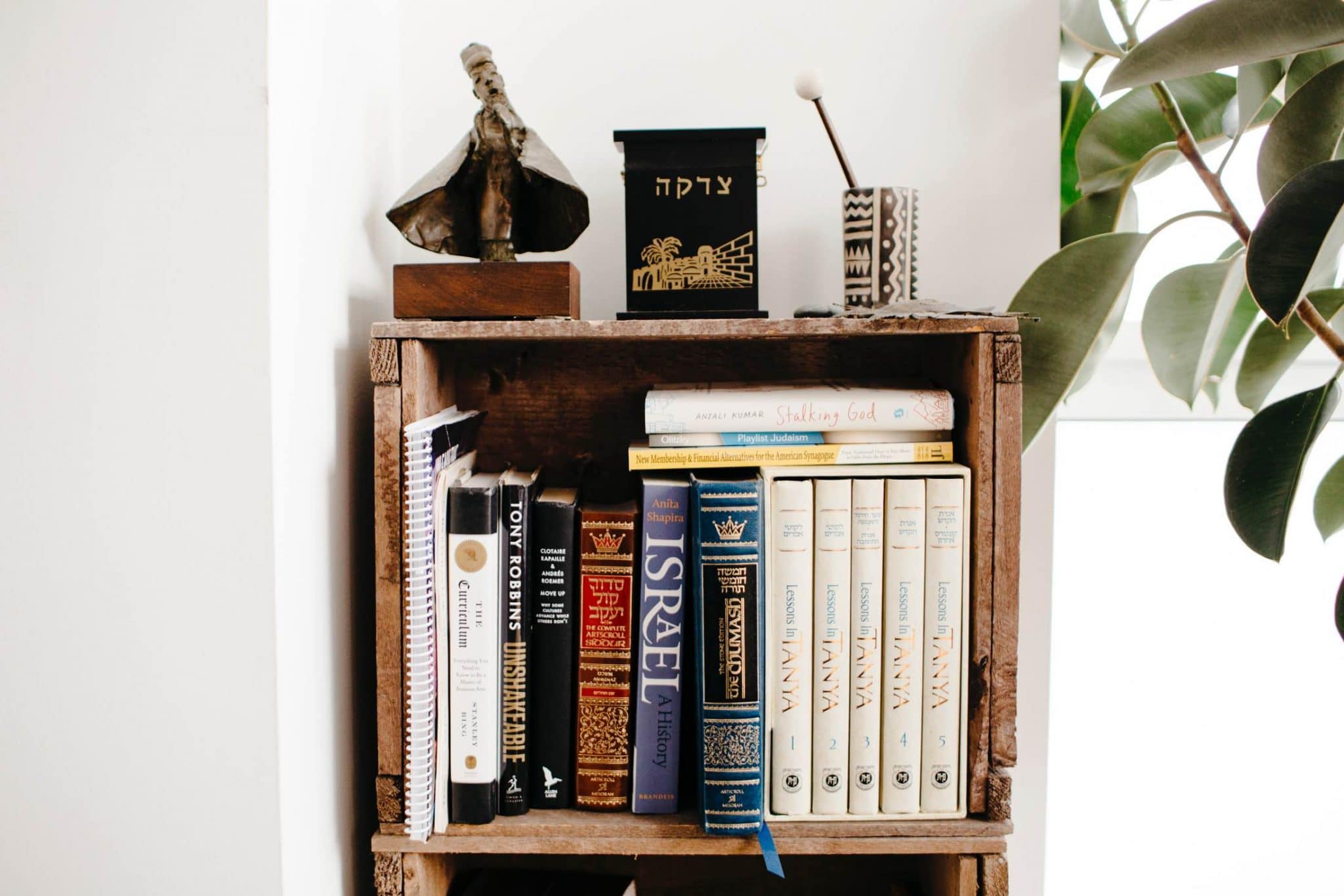
What is your favorite place on earth?
Right now, it’s between Tulum and Tel Aviv.
Tulum is the most beautiful place that I’ve been in a very long time. The vibe, the energy, the people, the environment, everything.
Whenever I go there, I ask myself, “Why don’t I live in a beach forest jungle?”
Stay at Nomade Hotel, or just go there for dinner and the bonfire with music. Then, float down the Biosphere Reserve.
I’ve been to Israel many times, but it was only about four years ago, on a Schusterman Foundation REALITY Israel trip that I really finally got it, and by “it” I mean the local experience. I stopped getting pulled into the tourist destinations, and I found the Tel Aviv local experience and how raw, and cool, and rich that is, and I love that.
If you want to have a quick Tel Aviv evening experience, you have a first course at Port Said. You have a second course at Beit Romano. You have post-dessert rooftop drinks at The Prince, then you finish your night off, or, frankly, the way that Israel goes, it’s kind of just getting started, at Sputnik.
What is your favorite Jewish food? Least favorite?
Pickles are my favorite thing in the world. I love pickles. I’m more of a savory person than a sweet person. My mom’s brisket is delicious. A good challah.
My least favorite Jewish food would have to be herring. It’s funny, because I love pickles, but herring, I can’t get down with it. Borscht, although I think my grandmother would probably would be very disappointed in me for saying that.
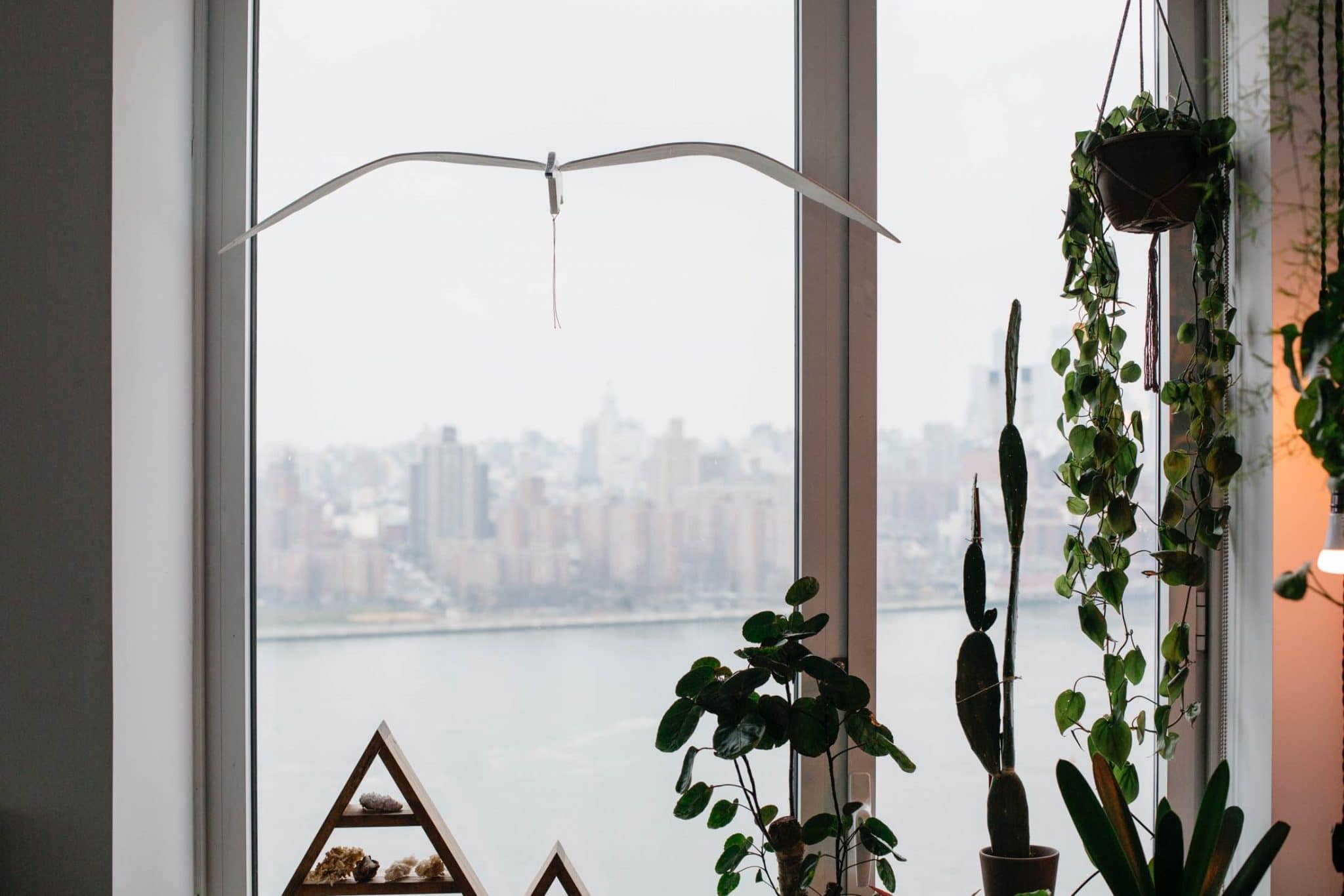
What have I not asked that you want to share?
A question I’d like to answer is what is the biggest challenge facing the Jewish world today?
I believe that there is an alarming gap in the understanding of what I call Big Jewish, which is the organizational, institutional, foundational world of the philanthropists, and the boards, and the executives, and the decision-makers, the majority of whom are not millennials and don’t have a clear understanding of who we are, what we do, what we like, and what we think about.
Jewish millennials are a different breed of Jewish.
We connect differently. We experience differently. We have different influences in our lives. We’re the least engaged Jewish generation in recent history. Big Jewish spends hundreds of millions of dollars a year attempting to reach us, inspire us, connect with us, or engage us, and the truth of the matter is it’s almost entirely missing the mark.
Big Jewish allocates endless resources and capital trying to push the Jewish Oldsmobile forward, and our generation wants the Jewish Tesla.
The question is, what does that look like? I don’t claim to have the answer, but I believe that through co-creation, collaboration, dialogue, and rolling up our sleeves, we’ll be able to meaningfully engage and inspire the next generation of Jewish leaders.
I am working on seeking out other community leaders who are creating new Jewish experiences for our generation, and connecting those dots, learning, sharing, and having a community conversation.
Photos by Elena Mudd
Thank you for visiting Arq!
Arq is no longer publishing new content. We hope you'll enjoy our archived posts.